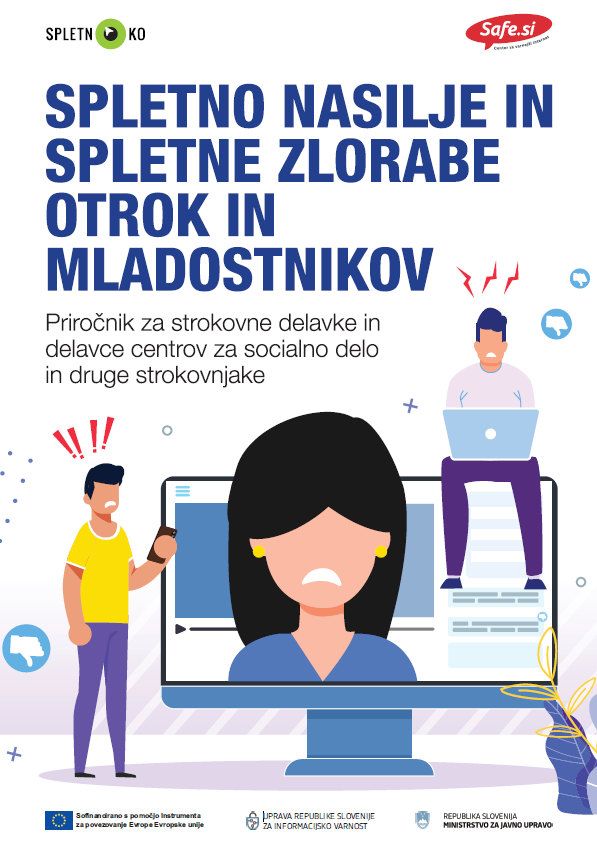Today, on 23 September 2021, the Spletno Oko reporting point (Safer Internet Centre), the Association of Informatics and Telecommunications of the Chamber of Commerce and Industry of Slovenia and the Criminal Police Directorate of the General Police Directorate organised the 11th E-Abuse of Children conference on the topic of online child sexual exploitation and abuse. Due to the epidemiological situation, the conference was implemented online.
It was primarily aimed at law enforcement authorities, courts, legislators, employees in education and social work centres, and non-governmental organisations. The objective of the conference was to deepen knowledge regarding the issue of online child abuse in order to discuss cases in practice more efficiently, and to combine the knowledge and experience of everyone encountering the problem of online child sexual abuse at their work in one place.
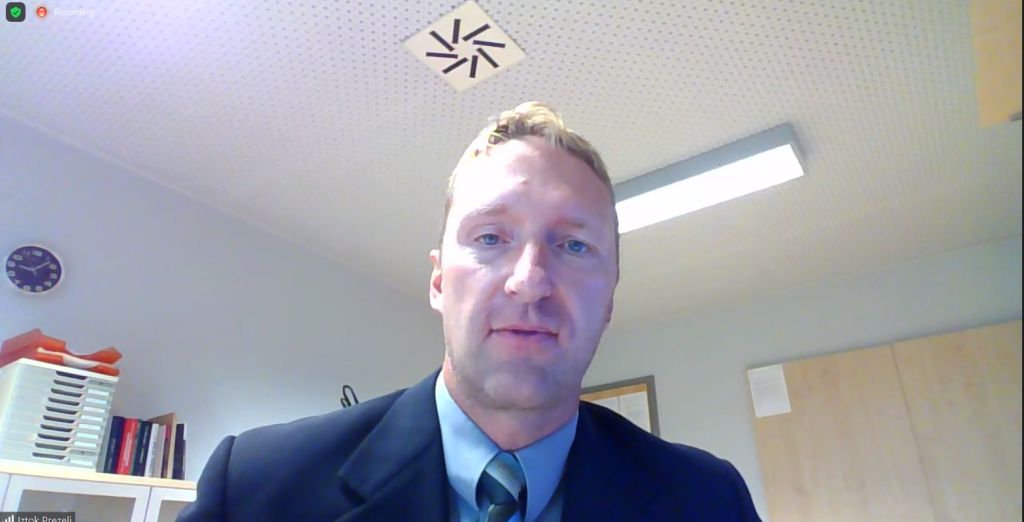
Dr Iztok Prezelj, Vice-Dean of the Faculty of Social Sciences of the University of Ljubljana, highlighted that all stakeholders strive for a holistic approach to resolving this problem as this is the only way to successfully tackle the issue of child sexual abuse images and videos. All stakeholders must cooperate, whereby it is also mandatory to address schools, parents, children, providers of information and communication technologies, and social work centres.
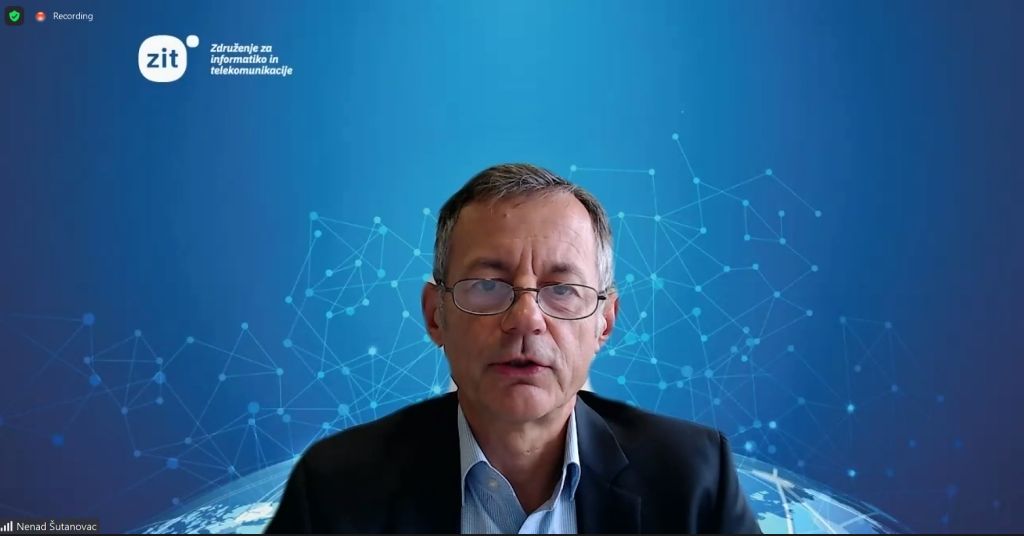
On behalf of the Association of Informatics and Telecommunications of the Chamber of Commerce and Industry of Slovenia, Nenad Šutanovac expressed concern in his address that the amendment to the regulation regarding data privacy last year temporarily prevented web platforms from automatically detecting child sexual abuse material on their servers, which resulted in a 51 per cent decline in the number of reports of child sexual exploitation in the European Union.
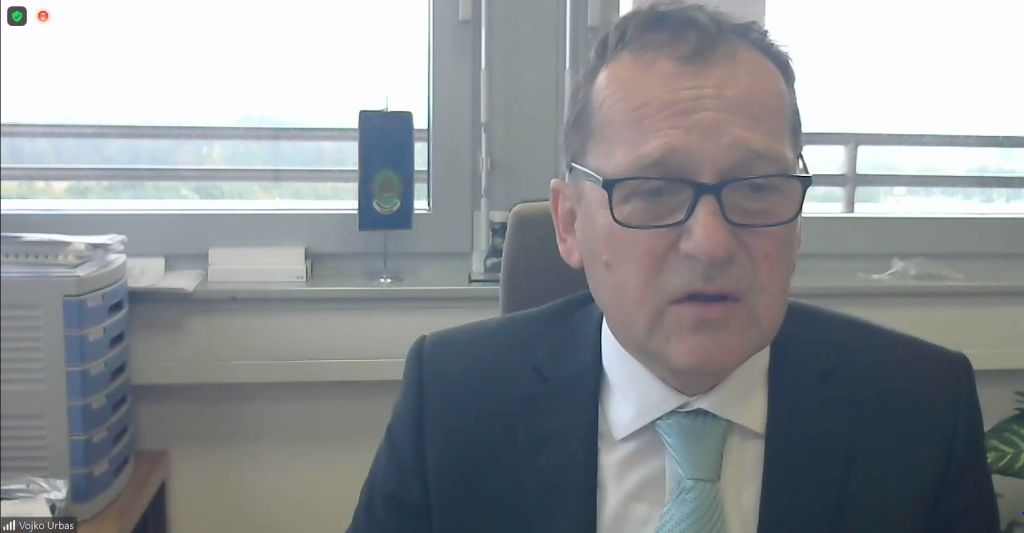
In his introductory address, Vojko Urbas, Director of the Criminal Police Directorate, highlighted that various organisations engaged in the online safety of children had noticed that cases of online sexual abuse were on the rise in recent years. In certain EU member states, the demand for child sexual abuse videos increased by as much as 25 per cent during the epidemic. Urbas commended the 'Say No!' campaign because it shows the importance of international cooperation between experts in different fields, including training, prevention and joint prosecution of perpetrators of these criminal offences.
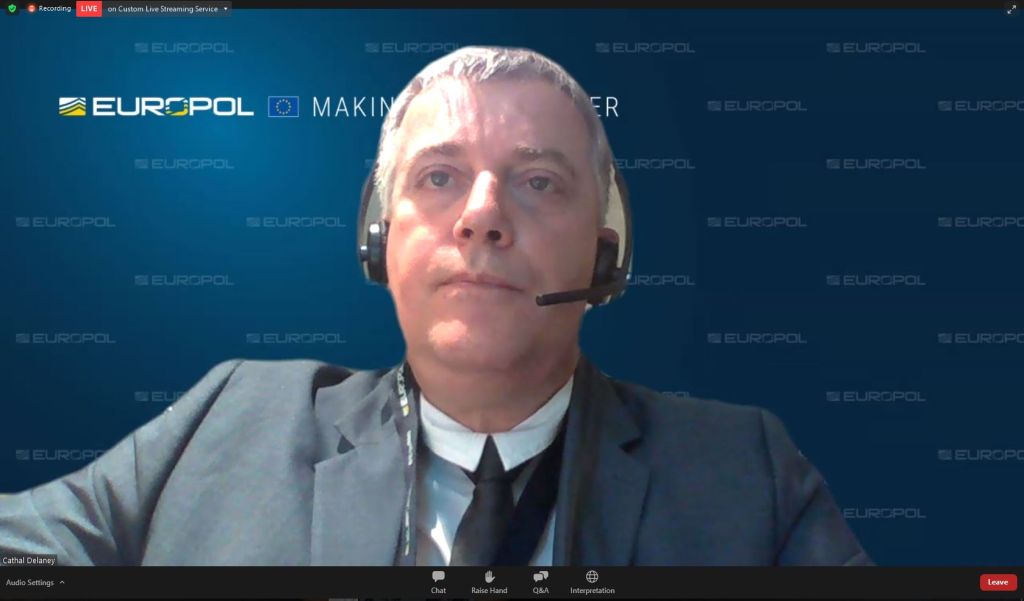
The campaign and current work of all attendees in the prevention, detection and prosecution of criminal offences relating to online child sexual abuse was also commended by the representative of Europol, Cathal Delaney, who emphasised Europol’s readiness to support all member states when ensuring state safety.
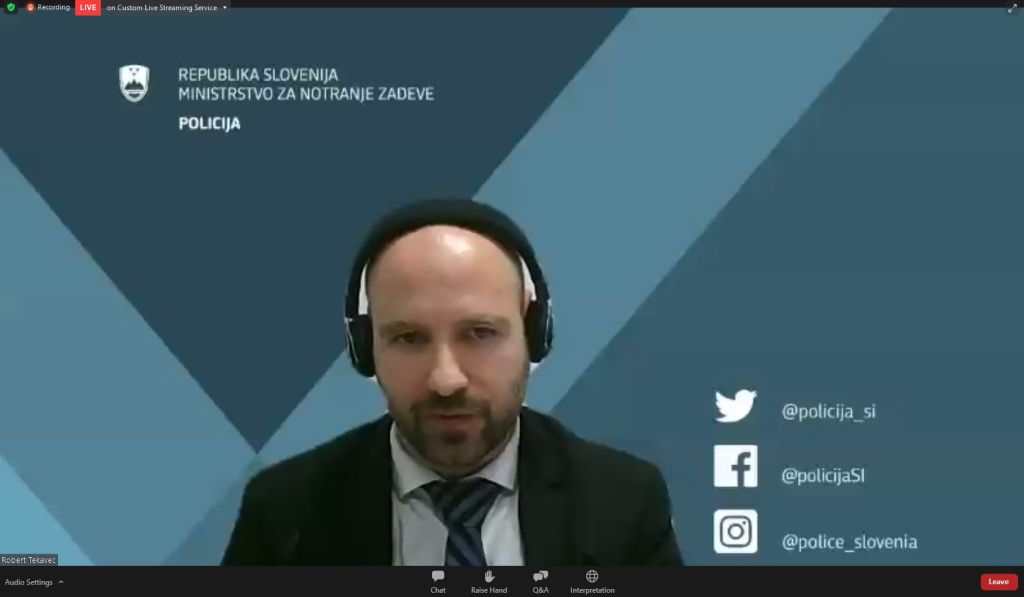
In addition to the experts from other organisations, two criminal investigators from the Criminal Police Directorate of the General Police Directorate also participated in this year’s conference with their contributions. Robert Tekavec, Head of the Juvenile Crime Section, spoke about the international cooperation in the fight against child sexual exploitation, which is also one of the priorities of the Slovenian Presidency of the EU Council.
At the round table attended by representatives of the Safe.si organisation and the Association of the Centres for Social Work of Slovenia, Tekavec and Bojana Kračan of the Juvenile Crime Section, presented the handbook on cyberbullying and online sexual exploitation of children and adolescents which was issued in 2020 and serves as a tool for expert workers of social work centres and other experts when dealing with cases of cyberbullying and abuse of children and adolescents.
Teacher Nina Jelen of Ivan Skvarča Primary School highlighted that children replied in the affirmative for the most part when asked whether they would engage in online challenges, send their photos to strangers, share their personal information with them or meet them in person. It is thus crucial that they learn to say NO on the internet and understand that they do not have to do everything they see or what others ask/persuade them to do.
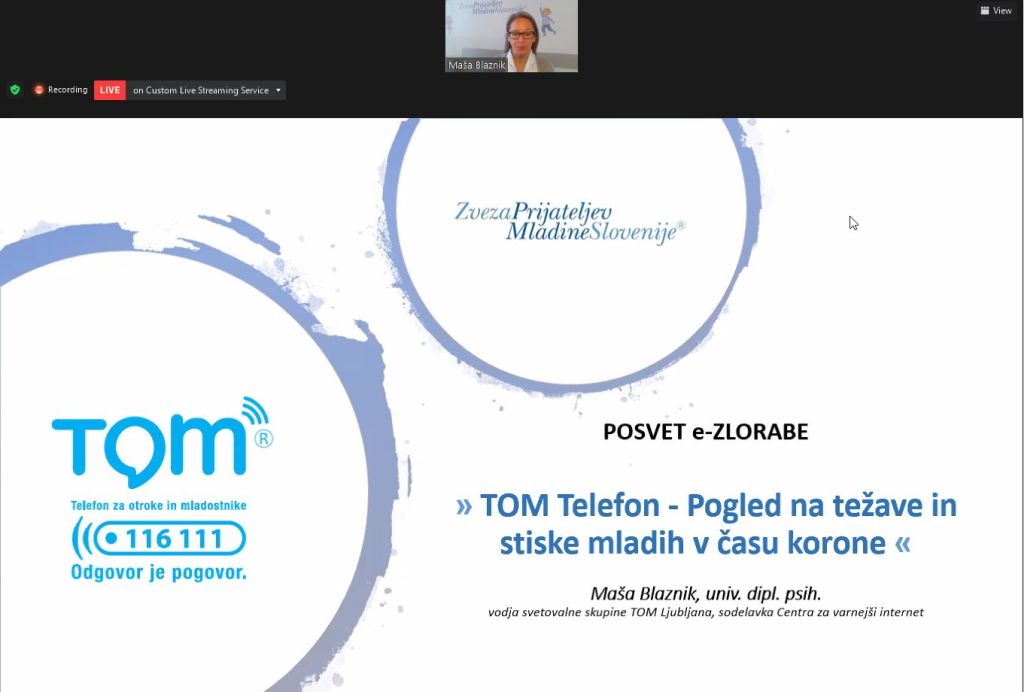
According to Maša Blaznik of the TOM helpline, the issues that came to the forefront with the coronavirus measures in 2020, such as family relationships, mental health and suicidal thoughts, also remained topical in the first half of 2021 and were worsening. During the epidemic, the TOM helpline recorded more contacts via e-forms of consulting where the most difficult topics prevailed. Blaznik stressed that in such cases they advised people to seek help in person and suitable sources of assistance.
The representatives of police from certain Western Balkan countries and Europol were also present at the conference, as they launched the 'Say No!' campaign today in cooperation with the Slovenian Police. The campaign highlights the problem of online sexual abuse in the region as children may become victims of online sexual abuse even quicker in this region as only minor language barriers separate them from perpetrators. The participating countries wish to convey with the campaign that, in the same way that no state borders apply regarding online sexual abuse offenders, the principle of no borders also applies in their joint efforts to prevent these criminal offences and detect perpetrators. United by the idea of joint cooperation when preventing, detecting and prosecuting online sexual abuse, they want to communicate through the campaign that they will do everything possible to protect victims and take the appropriate action against perpetrators and, in doing so, they will not be hindered by national borders.
The prevention and investigation of child sexual abuse and the enhancement of police cooperation in this field with the countries of the Western Balkans is among the priorities of the Slovenian Presidency of the EU Council.
A detailed programme of the conference is available at: https://www.spletno-oko.si/sites/default/files/agenda_-_11._posvet_e-zlorabe_otrok.pdf
Related content
There are no borders on the internet, why should there be for investigators of online sexual abuse?


